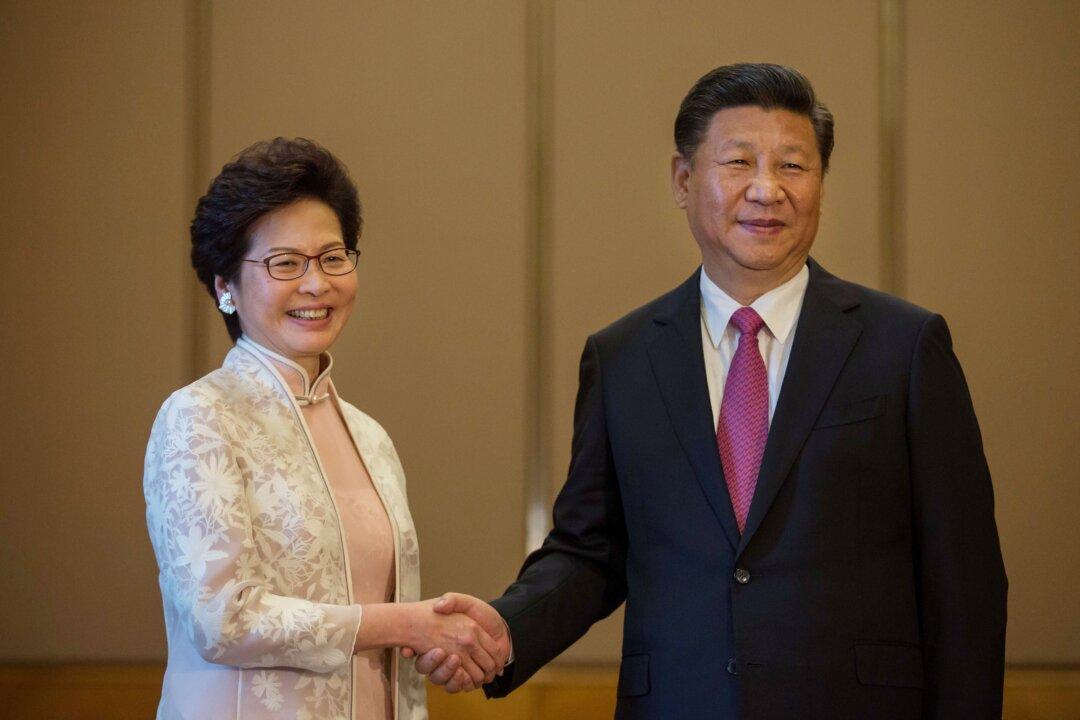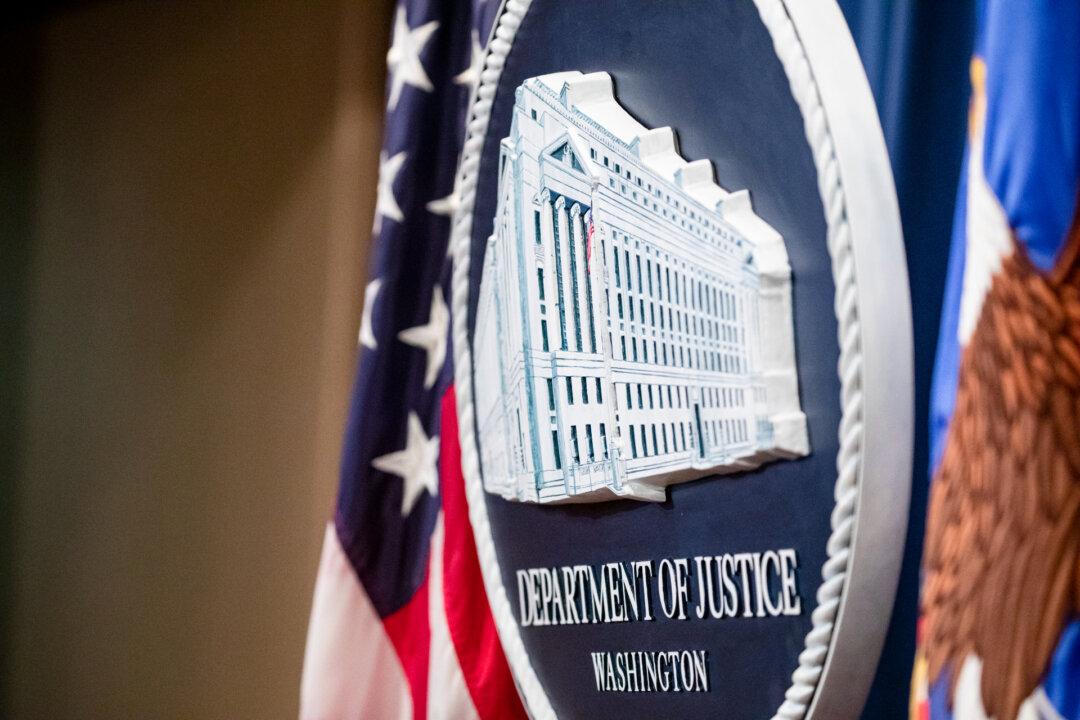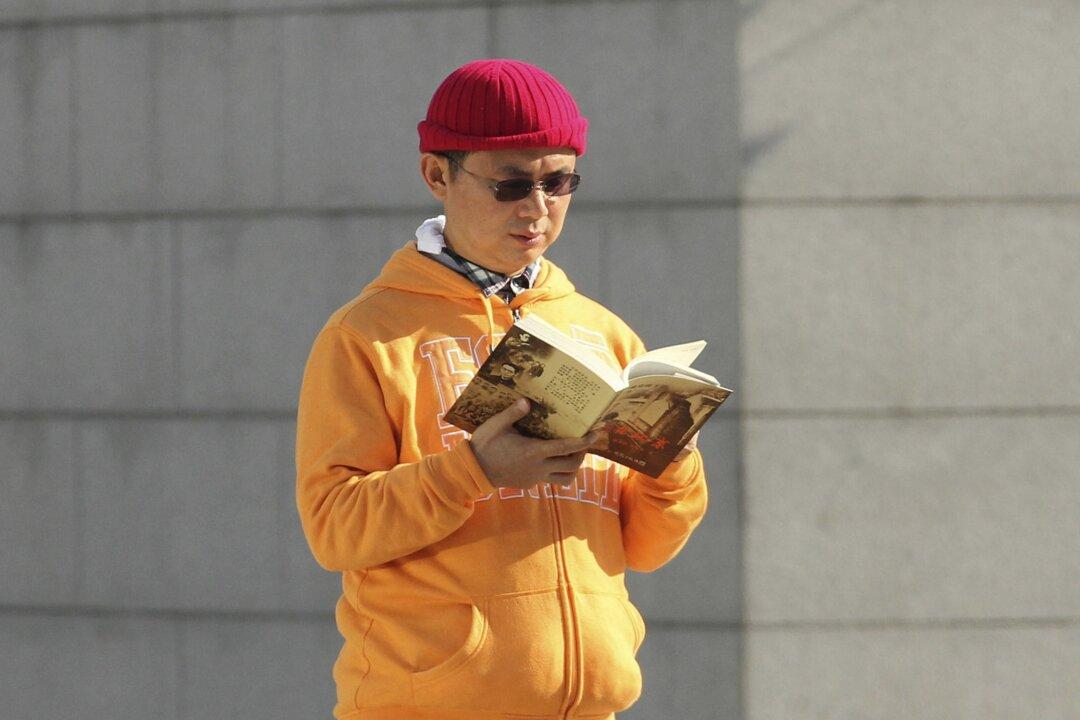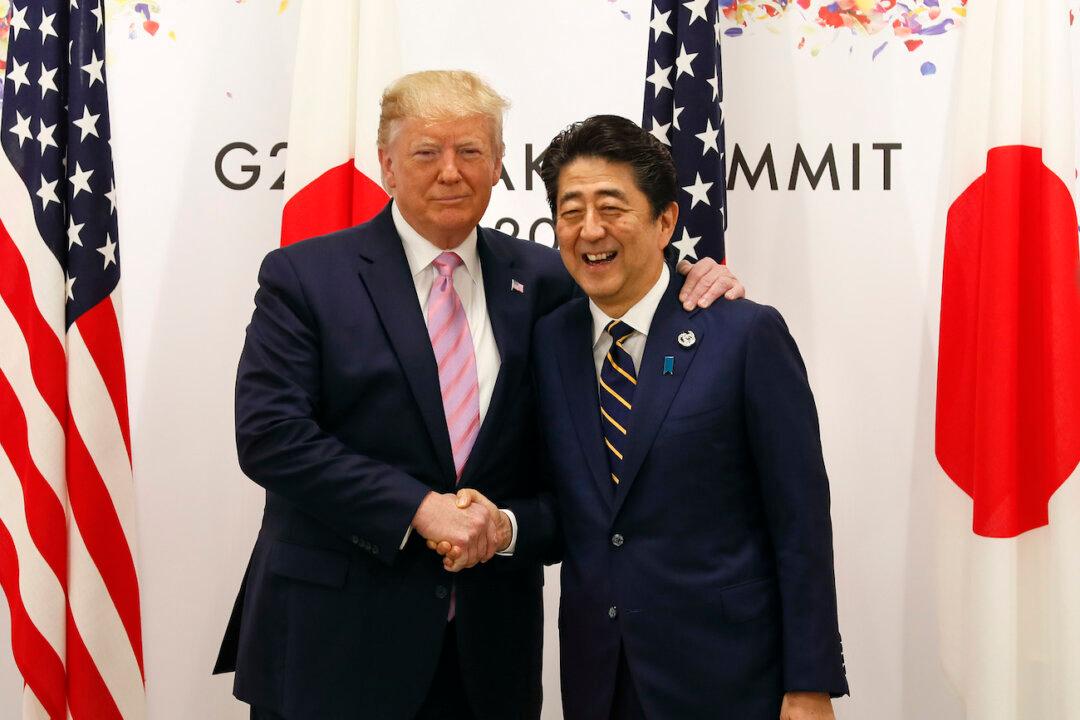China is ranked 177 in the 180 countries and regions in RSF’s 2021 World Press Freedom Index, barely better than Turkmenistan, North Korea, and Eritrea. Hong Kong is 80 in the ranking.
RSF provides a profile for each predator describing his or her oppressive behavior.
In the case of Xi Jinping, RSF accuses Xi’s China of being “the world’s biggest captor of press freedom defenders with more than 115 detained in 2021, often in conditions that pose a threat to their lives.”
It notes that journalists whose reports do not fit the regime’s narrative are often held in residential surveillance at a designated location (RSDL), a euphemism for incommunicado detention at one of China’s “black jails” where detainees face the risk of being tortured.
Since he came to power in 2013, Xi further tightened the Chinese communist regime’s censorship, “restoring, in just a few years, a media culture comparable with the Maoist era,” RSF said.
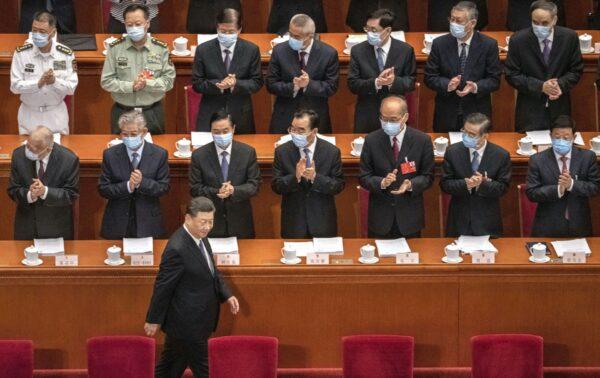
On Feb. 19, 2016, Xi addressed a conference on the CCP’s press and opinion work in Beijing after inspecting the top three state media outlets: the People’s Daily, Xinhua News Agency, and China Central Television (CCTV).
“The media run by the Party and the government are propaganda fronts and must have the Party as their family name,” Xi emphasized. “They [journalists] must love the Party, protect the Party, and closely align themselves with the Party leadership in thought, politics, and action.”
Foreign reporters in China also face threats and intervention when they show interest in what the CCP has deemed sensitive subjects, including human rights violations in the Xinjiang region.
On March 23, John Sudworth, BBC China correspondent, was forced to leave mainland China with his family over concerns for their safety after living in China for nine years.
In 2019, when the CCP virus, also known as COVID-19 virus, first erupted in the epicenter Wuhan, the CCP tried to keep the news from the public. No state outlet would break ranks to disclose the outbreaks without Xi’s nod.
The first eight whistleblowers—all doctors, including Li Wenliang who died from the CCP virus—exposed the news in private social media chat groups and were given an administrative warning by local police.
Citizen journalists Zhang Zhan, Chen Qiushi, Fang Bin, and Li Zehua who sought the truth in Wuhan were detained and silenced one after another, with Zhang still imprisoned and Fang missing.
This is the first time that Hong Kong leader Carrie Lam’s name has appeared on the list of press freedom predators.
RSF criticizes Lam for openly backing Xi’s predatory policies toward the media since 2017, marking her as Xi’s puppet.
In 2019, journalists were subjected to physical violence by Hong Kong police while reporting street protests of the extradition bill that would allow the CCP to send people charged with a crime in Hong Kong to China for trial. Lam, however, refused to recognize or investigate of the reported violence.
It was under her leadership that Hong Kong authorities jailed the founder of Apple Daily, Jimmy Lai, a 2020 RSF Press Freedom laureate, citing national security concerns.
They froze the assets of the city’s leading independent newspaper, which financially crippled the outlet and caused its closure on June 24, 2021.
Additionally, at least five Apple Daily executives have been arrested on similar charges of violating the Hong Kong national security law.
